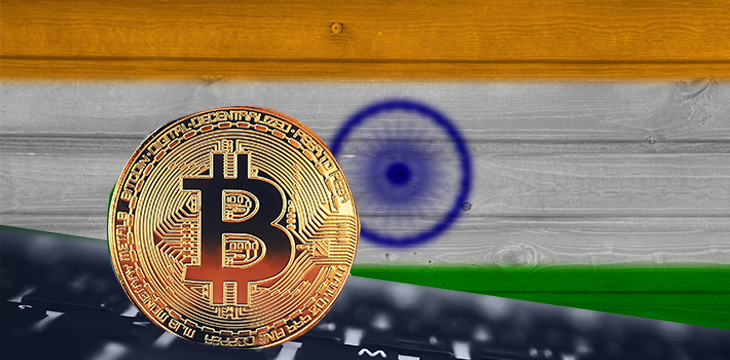
|
Getting your Trinity Audio player ready... |
India’s digital currency industry faces an uncertain future, with a proposed draft bill threatening to impose a blanket ban on the entire industry. It further paves the way for the Reserve Bank of India (RBI) to issue a digital rupee. The newest threat to digital currencies in India comes months after a similar effort to outlaw the industry.
Known as the “Cryptocurrency and Regulation of Digital Currency Bill 2021,” it will be considered in the ongoing Budget session of Parliament. In its Lok Sabha bulletin, the government claimed that the bill intends to “prohibit all cryptocurrencies in India.”
“However, it allows for certain exceptions to promote the underlying technology of cryptocurrency and its uses,” it stated, referring to blockchain technology.
India has been embracing blockchain in recent months. In its most recent effort, the state of Tamil Nadu adopted an ethical blockchain policy to promote adoption.
The bill also seeks to pave the way for a central bank digital currency. It claims to “create a facilitative framework for creation of the official digital currency to be issued by the Reserve Bank of India.”
This comes barely a week since the RBI announced an interest in the possibility of a digital rupee. As CoinGeek reported, the regulator stated, “The RBI is exploring the possibility as to whether there is a need for a digital version of fiat currency and in case there is, then how to operationalise it.”
The proposed bill could set the stage for a digital rupee. In China, for instance, the government amended a longstanding law to accommodate the digital yuan. This law now states that the Renminbi, China’s legal tender, “includes both a physical and digital form.”
Notably, China’s amendment also quashed all digital yuan competitors.
The Indian digital currency community criticized the new bill, but remains hopeful the government will involve it before making any final decisions.
Nischal Shetty, the founder and CEO of WazirX exchange took to Twitter to express his thoughts.
There’s no such thing as a “private cryptocurrency”.
Crypto by their very nature are decentralised and public.
I hope this is with respect to “currency” usage and they’re focusing on that.
Attacking digital assets by confusing them to be INR competitors wud be amateurish
— Nischal (Shardeum) 🔼 (@NischalShetty) January 29, 2021
He criticized the government’s labeling of digital currencies as private cryptocurrencies. “Cryptos, by their very nature, are decentralized and public,” he stated.
“Let’s hope this is a precursor to positive crypto regulations. Just because a bill is presented doesn’t mean it’ll be cleared. We have leaders who are technologically capable & they’ll definitely raise issues around this. Looking forward to a healthy debate if this is presented.”
Sumit Gupta, the CoinDCX exchange founder also pledged to offer insight on digital currencies to the legislators to refine the bill. He remains optimistic that the government will “take a sensible and reasonable approach.”
2/4 Now, with the crypto bill being brought into Parliament, we at @CoinDCX along with industry stakeholders will continue engaging with key stakeholders and this is where we will work with the government as an industry player and will help in all open and direct directions.
— Sumit Gupta (CoinDCX) (@smtgpt) January 31, 2021
To learn more about central bank digital currencies and some of the design decisions that need to be considered when creating and launching it, read nChain’s CBDC playbook.
See also: CoinGeek Live panel, Digital Currency & Global Compliance: Tools & Tips for Exchanges, Wallets & Other Service Providers
Recommended for you
Lorem ipsum odor amet, consectetuer adipiscing elit. Elit torquent maximus natoque viverra cursus maximus felis. Auctor commodo aliquet himenaeos fermentum
Lorem ipsum odor amet, consectetuer adipiscing elit. Accumsan mi at at semper libero pretium justo. Dictum parturient conubia turpis interdum

 11-22-2024
11-22-2024


